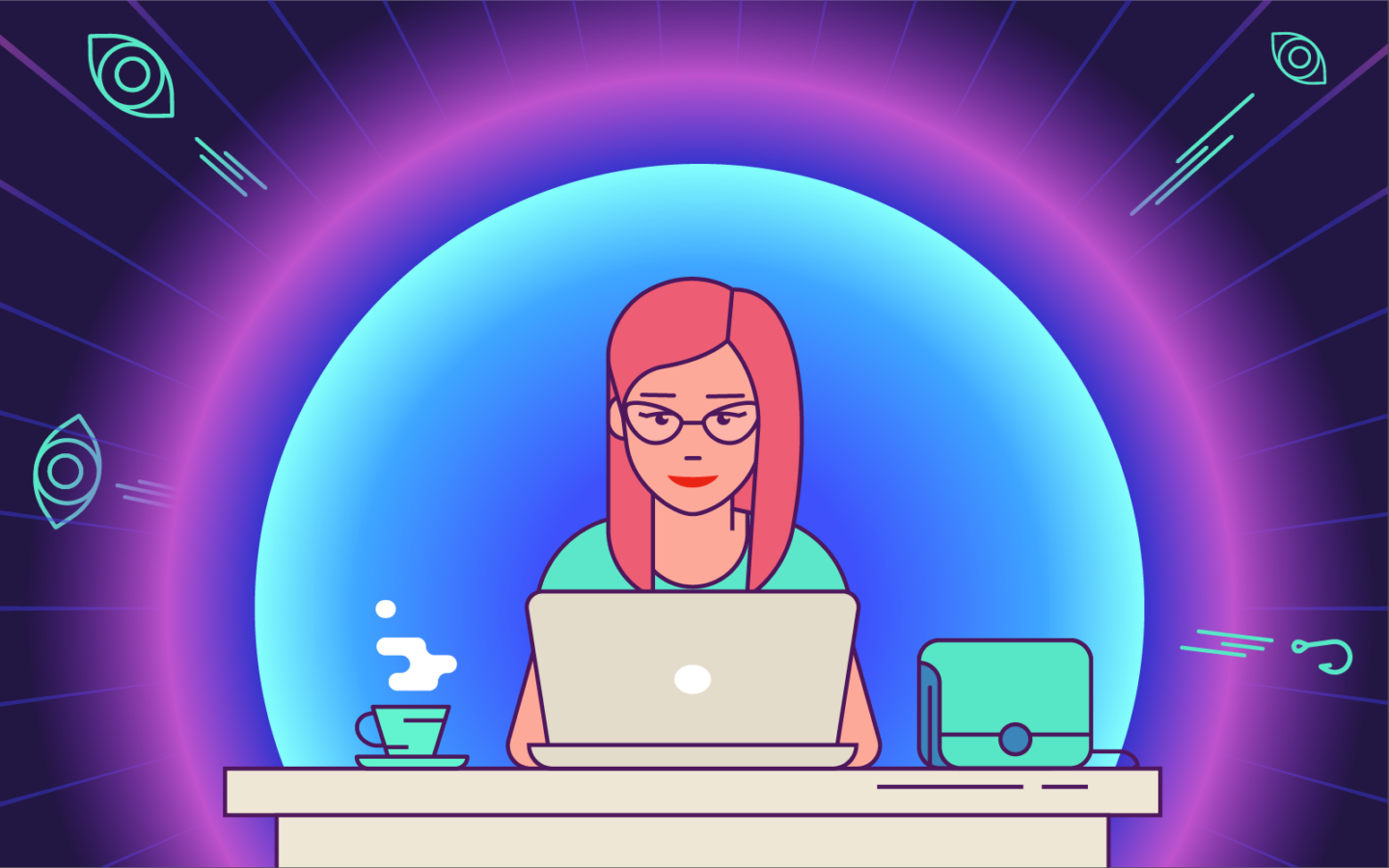10 Tips for Better Internet Safety
With just following some simple rules you can stay safe online and better protect your personal data on the Web. Here’s what to do.
On October 29, 1969, the first ever message was transmitted via the Internet (or its predecessor ARPANET), as today’s “Internet Day” reminds us. The message was simply “lo” instead of the intended word “login” because after the first two letters the system crashed. Only after about an hour the complete message text was transmitted between computers of UCLA and Stanford University.
Half a century later, people use the Internet for almost everything: they inform themselves, make contacts, communicate, shop, do banking, play or work online. But there are also many dangers lurking on the Web such as hacks, scams, malware and more. Therefore, it is important to observe some basic rules of conduct to stay safe online.
Here are 10 Internet safety tips to follow to help you browse the Web safely and protect your privacy:
You should always think twice about with whom you share your personal data, since it is extremely valuable to both cybercriminals and advertisers. Therefore, make sure you pay attention to where you enter which data. Additionally, use anti-tracking tools such as Ghostery or Cliqz to ensure that no personal identifiable information is send to third parties while browsing.

Secure your Wi-Fi with WPA2 encryption. Use email and messaging services that use end-to-end encryption. Make sure you use a secure connection when surfing and especially when shopping on the Web, before you enter sensitive data. You can recognize a secure connection by the https:// in front of the web address and by the green lock icon in the address bar of your browser. HTTPS Everywhere, activated in the Cliqz Browser by default, automatically ensures that encrypted connections to websites are established.
In unencrypted Wi-Fi networks at airports, in cafés or hotels criminals can spy on your data or install malware on your device. In order to prevent this from happening, we recommend the use of a VPN service that sets up a tunnel through which all data is transmitted in encrypted form.
When setting up a software or online service, you should first take a look at the privacy settings and restrict data access if necessary. This applies to both operating systems such as Windows 10 and online services like Facebook. You can turn off certain “spying features” or specify that only a certain group of users can access the content you have shared.
Don’t click on links in social networks, chats or e-mails if you don’t know the sender. Likewise, you should not open attachments of messages from unknown sources. This prevents you from being redirected to websites or from installing malware on your device that allows scammers to access confidential information such as your credentials. Almost all current browsers, including Cliqz, have built-in phishing protection that warns users of possible fraud attempts.
The built-in anti-phishing security feature of the Cliqz Browser and the Ghostery Privacy Browser protects you from malicious and fraudulent websites. It detects up to four times more phishing attempts than Google Safe Browsing and works considerably faster, uncovering phishing sites within an hour.
There are a lot of fake news circulating on the Web about controversial persons or topics, which are often spread thousands of times over, partly out of naivety and partly deliberately. Most of the time they play with people’s fears and apprehensions or confirm a certain worldview to manipulate public opinion. With a healthy portion of mistrust and some research, you can easily unmask fake news.
Be as suspicious online as you are offline. For example, chat partners or members of social networks can easily impersonate someone else by faking their profile and photo. Therefore, you should not recklessly share private data, photos or videos online.
Regularly install updates and patches for your operating system, applications and antivirus solution. This minimizes the risk of attackers exploiting known vulnerabilities.
Many of the mentioned problems are due to careless Internet use. Most of them could be avoided or at least mitigated, if users take a little more time to stop and consider their actions. After all, everyone is responsible for protecting their own data.
Parents should communicate these safety tips to their children and make sure that they comply with them. This way, parents can minimize the risk that their child shares too much personal data online or is harmed by people he or she met on the Internet.




